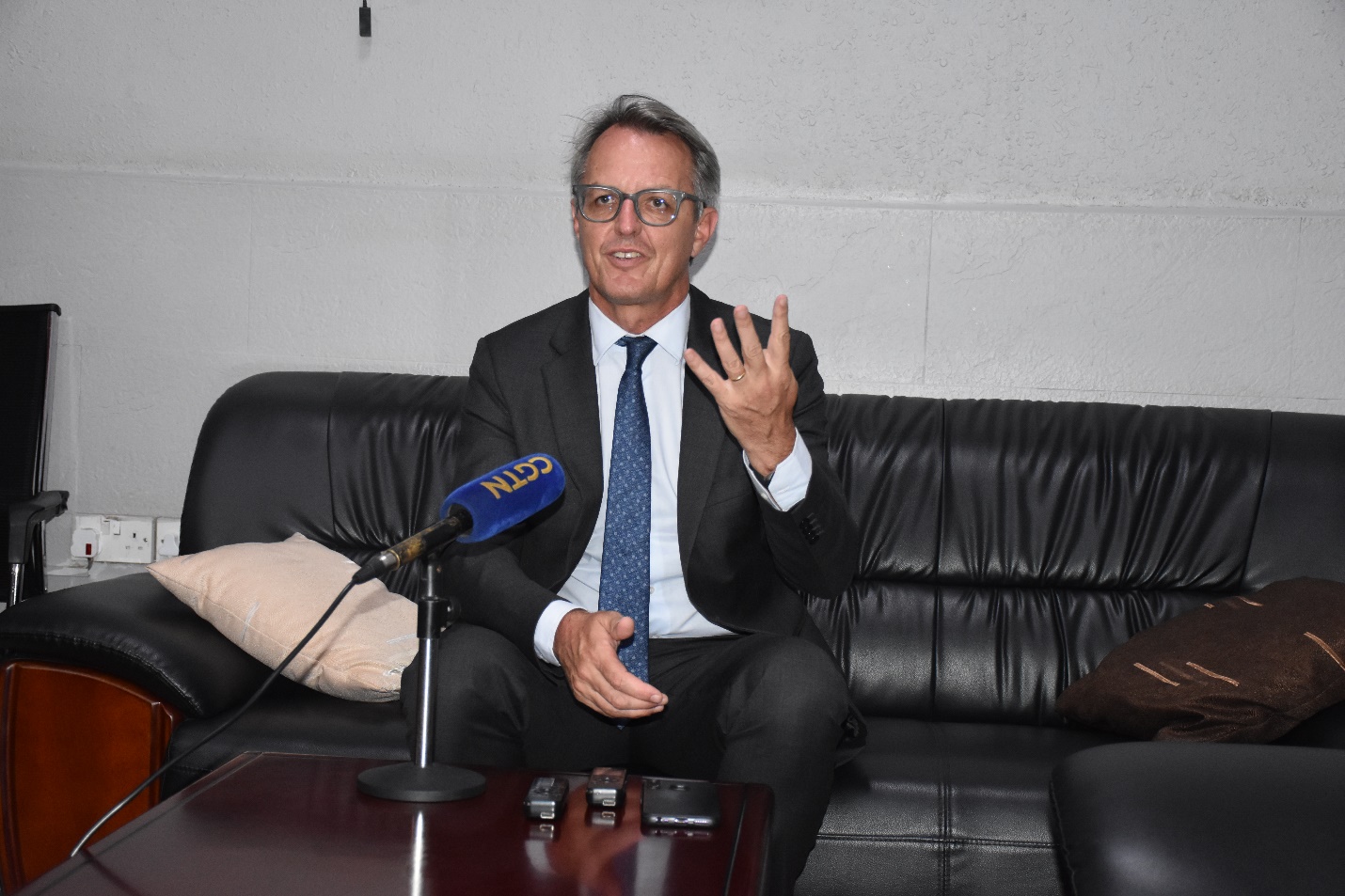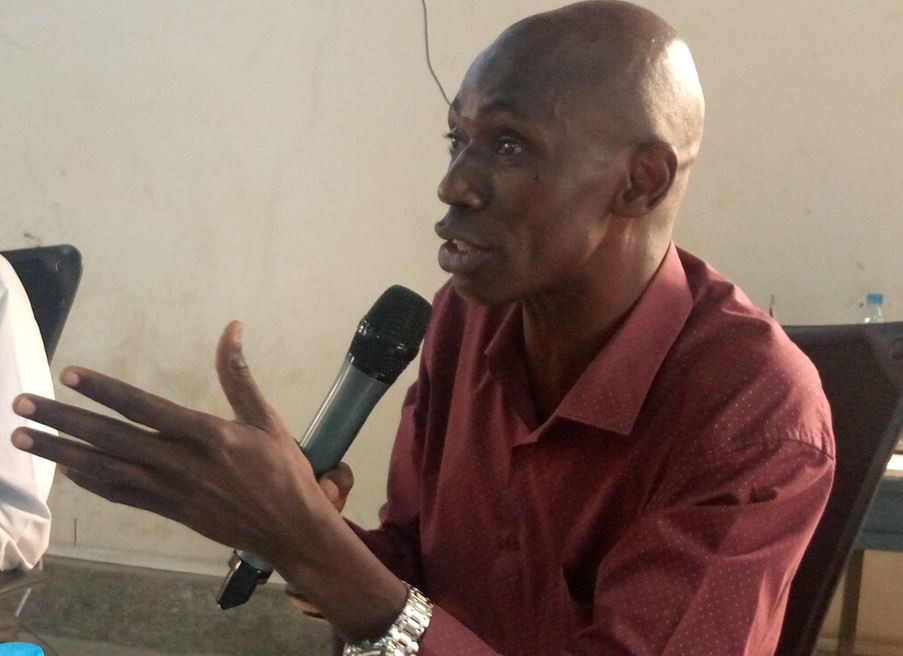WFP appeals for $400 million for humanitarian response in S. Sudan

The World Food Programme (WFP) requires $400 million to cater to the needs of Sudanese refugees and South Sudanese returnees fleeing the conflict in Sudan.
Speaking to the media at Juba International Airport (JIA), WFP Regional Director for Eastern Africa Michael Duford, said the funding shortage had existed for six months and continues to threaten their mandate.
“We will continue doing the advocacy, and we will continue to try and fundraise, but it is very important that the situation in the country stabilises and that ultimately people will be able to meet their own needs as opposed to relying on WFP,” he explained.
He added that WFP requires “humanitarian funding to feed those in the most severe levels of hunger,” but this ability is now reduced.
“WFP is not providing all the rations that we would like.”
He argued that the agency was committed to working in collaboration with UNFAO and IFAD to ensure steady food production in South Sudan, making it the bread basket of the region.
“We chose South Sudan because we recognise both the needs and the potential of this country. Only 4 per cent of this country is currently under agricultural production, and that is a missed opportunity,” he explained.
“We are looking to see how we can harness the financial capacity of IFAD, the technical expertise of FAO, and particularly the operational capacity and expertise of the World Food Programme, the largest UN organisation working in this field.”
Duford rued conflicts, the negative impacts of climate change, and flooding, saying they had far-reaching and dire impacts on the nutrition of the civil population across the country.
He hailed government’s focus on food security and resilience, and more importantly, prioritizing peace to serve as the foundation as the country head to elections.
“The three leaders of the Rome-based agencies, those UN agencies responsible for food and food security, agriculture, have come together for the first time to see how we as agencies can work better together, not only in South Sudan but across the world,” he added.
The conflict in Sudan started on April 15 and resulted in massive losses of lives and property, displacing civilians to the neighboring countries of South Sudan, Chad, Central African Republic, Egypt, and Ethiopia.
South Sudan has reportedly received over 200,000 returnees as well as refugees from Sudan leading to outstretched resources to provide for them.
On Tuesday, IFAD revealed $25 million funding aimed at cushioning the humanitarian crisis through the United Nations Development Programme (UNDP).
Alvaro Lario, the IFAD President, touched on the need for investment and supporting agriculture and the food sector as the best tools to fight off food insecurity.
“South Sudan is a young country full of potential, but right now families are relying on subsistence agriculture. With only four percent of farmland being cultivated, and 80 percent of its young people living in rural areas, there is an enormous opportunity to grow and develop agriculture and the food sector more generally,” Lario said.
Qu Dongyu, the Director-General of the Food and Agriculture Organisation (FAO), emphasised that the country needs to pursue policies for food security, resilience and climate adaptation.
“South Sudan has the potential to be the breadbasket of East Africa, but the climate crisis, poor agriculture infrastructure, instability, and economic shocks continue to disrupt agricultural and livestock productivity and food availability.
“Investments and enabling policies that will improve longer-term food security, resilience, and climate adaptation are urgently needed,” Dongyu said.
According to the Deputy Executive Director of the World Food Programme, 345 million people face acute food insecurity around the world, and a swift response would be important.


